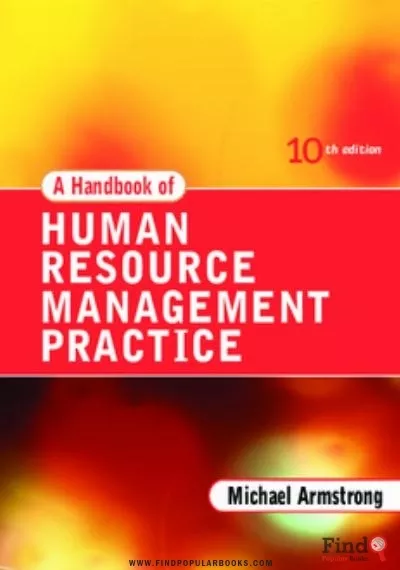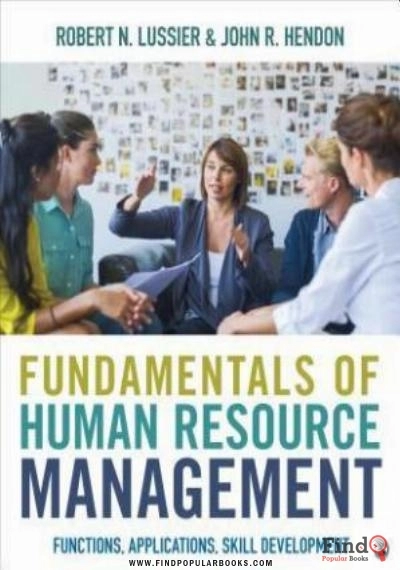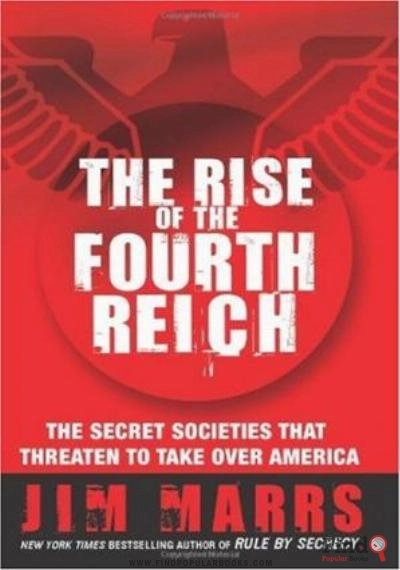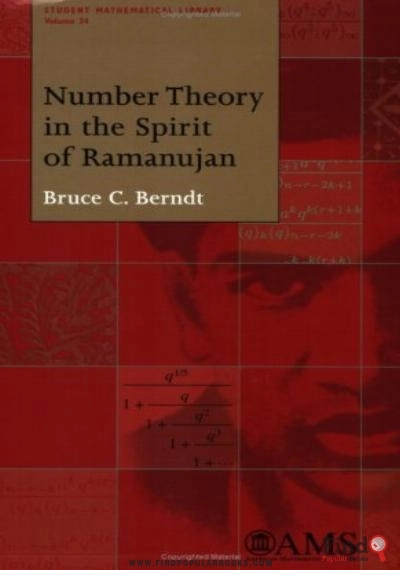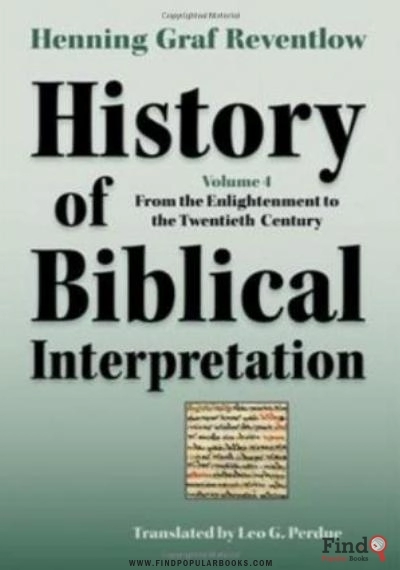
History Of Biblical Interpretation, Vol. 4: From The Enlightenment To The Twentieth Century
As in the first three volumes of History of Biblical Interpretation, From the Enlightenment to the Twentieth Century surveys the lives and works of significant theologians and lay people, politicians, and philosophers, in order to portray the characteristic attitudes of the era. It discusses the philosophers and politicians Hobbes, Locke, and Spinoza and the writers Lessing and Herder. Biblical criticism per se begins with the controversy over the original Hebrew text of the Old Testament and extends into Enlightenment ethics, myth, and miracle stories. Early representatives include Richard Simon and Hermann Samuel Reimarus, followed by Johann Salomo Semler, Johann Jakob Griesbach, Johann Gottfried Eichhorn, and Philipp Jacob Spener. Biblical scholars such as Wilhelm Martin Leberecht de Wette, Ferdinand Christian Baur, Heinrich Julius Holtzmann, Julius Wellhausen, Hermann Gunkel, Wilhelm Bousset, Karl Barth, and Rudolf Bultmann round out the volume and bring readers to the twentieth century.

Contact us to let us know. You will receive an answer within 3 working days.
A big thank you for your understanding!
